Apple pushes back against lawsuit over iPhone 15 camera tech

Apple is in the middle of a legal battle with a company called SiOnyx, which claims that Apple’s iPhone 15 series uses its patented camera technology without permission. This lawsuit is about specific imaging technology that helps improve night vision and low-light performance in cameras.
SiOnyx, a company that makes advanced camera sensors, filed the lawsuit back in September 2024. They claim that Apple used their patented technology—called “Pixel Isolation Elements” and “Black Silicon”—without paying for it.
The technology SiOnyx is referring to is supposed to make cameras smaller, cheaper, and better, especially for taking pictures in low light. SiOnyx says Apple learned about their innovations during technical meetings between the two companies, starting as far back as 2014.
SiOnyx specifically mentioned a meeting in 2017 where they shared confidential details about their camera technology with Apple. Now, they believe Apple used that knowledge in the iPhone 15’s advanced camera system, especially for features like low-light photography.
On January 8, Apple asked a U.S. court to throw out some of SiOnyx’s claims. Apple argues that a pre-trial agreement between the two companies prevents SiOnyx from using certain information shared during their meetings to make legal accusations.
Apple’s lawyers say that any communications or presentations made during those meetings were supposed to remain confidential and can’t be used as evidence in court.
“SiOnyx is relying on private communications made during meetings between the two companies to claim Apple knowingly infringed on its patents, but this violates the terms of our agreement.”
Apple also pointed out that SiOnyx labeled their presentation slides as “proprietary and confidential,” which complicates things. Apple argues it would be unfair to respond to accusations based on information that was supposed to remain private.
SiOnyx isn’t backing down. They claim that Apple knew about their patented technology even before the meetings in 2017. SiOnyx says Apple used those ideas to improve the iPhone 15 Pro Max’s camera, particularly for better low-light photos.
In December, SiOnyx updated their lawsuit to include more claims, arguing that Apple’s use of their technology was intentional.
Apple has denied all allegations and has tried multiple times to get the lawsuit thrown out. Back in November, Apple asked the court to dismiss the case, saying SiOnyx didn’t provide enough evidence to support their claims. However, the judge ruled against Apple, allowing SiOnyx to move forward with the lawsuit.
Now, the fight is getting more intense as Apple tries to block specific parts of the case, and SiOnyx doubles down on their accusations.
The camera on the iPhone 15 Pro Max is a major selling point for the device, especially its low-light photography capabilities. If SiOnyx wins, Apple could face financial penalties or even have to pay licensing fees to continue using similar technology in future iPhones.
On the other hand, if Apple succeeds in dismissing the case, it could set a precedent for how companies handle confidential discussions in legal disputes.
For now, the case is a reminder of how competitive—and complicated—the tech world can be when it comes to protecting intellectual property.
What’s the lawsuit about?
SiOnyx, a company that makes advanced camera sensors, filed the lawsuit back in September 2024. They claim that Apple used their patented technology—called “Pixel Isolation Elements” and “Black Silicon”—without paying for it.
The technology SiOnyx is referring to is supposed to make cameras smaller, cheaper, and better, especially for taking pictures in low light. SiOnyx says Apple learned about their innovations during technical meetings between the two companies, starting as far back as 2014.
But Apple is fighting back
On January 8, Apple asked a U.S. court to throw out some of SiOnyx’s claims. Apple argues that a pre-trial agreement between the two companies prevents SiOnyx from using certain information shared during their meetings to make legal accusations.
Apple’s lawyers say that any communications or presentations made during those meetings were supposed to remain confidential and can’t be used as evidence in court.
In their filing, Apple said:
“SiOnyx is relying on private communications made during meetings between the two companies to claim Apple knowingly infringed on its patents, but this violates the terms of our agreement.”
Apple also pointed out that SiOnyx labeled their presentation slides as “proprietary and confidential,” which complicates things. Apple argues it would be unfair to respond to accusations based on information that was supposed to remain private.
SiOnyx’s side of the story
SiOnyx isn’t backing down. They claim that Apple knew about their patented technology even before the meetings in 2017. SiOnyx says Apple used those ideas to improve the iPhone 15 Pro Max’s camera, particularly for better low-light photos.
What’s happened so far
Apple has denied all allegations and has tried multiple times to get the lawsuit thrown out. Back in November, Apple asked the court to dismiss the case, saying SiOnyx didn’t provide enough evidence to support their claims. However, the judge ruled against Apple, allowing SiOnyx to move forward with the lawsuit.
Now, the fight is getting more intense as Apple tries to block specific parts of the case, and SiOnyx doubles down on their accusations.
The camera on the iPhone 15 Pro Max is a major selling point for the device, especially its low-light photography capabilities. If SiOnyx wins, Apple could face financial penalties or even have to pay licensing fees to continue using similar technology in future iPhones.
For now, the case is a reminder of how competitive—and complicated—the tech world can be when it comes to protecting intellectual property.



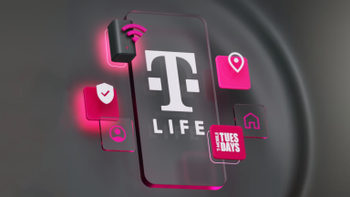
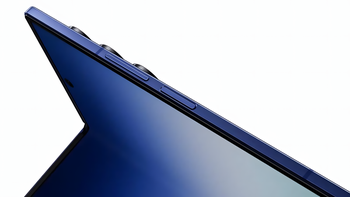
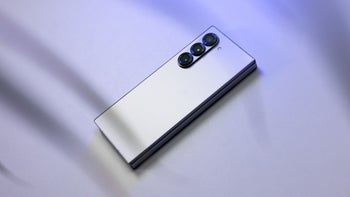
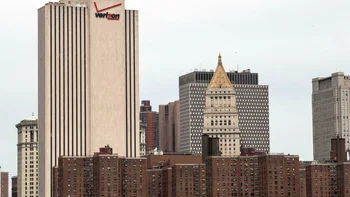
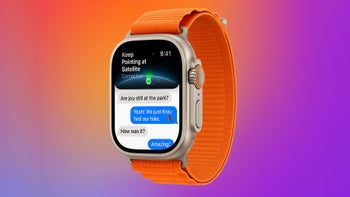
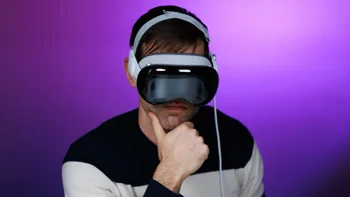


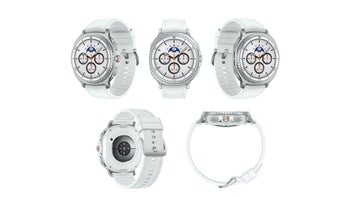
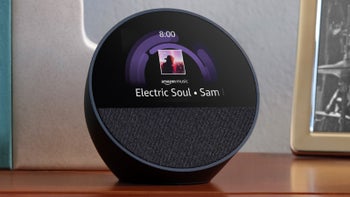

Things that are NOT allowed:
To help keep our community safe and free from spam, we apply temporary limits to newly created accounts: